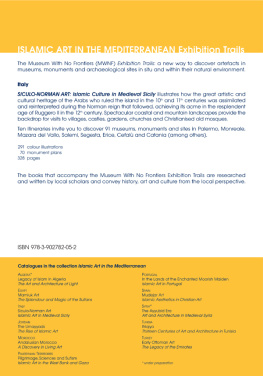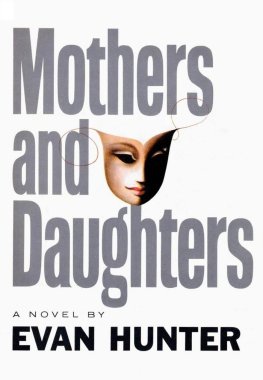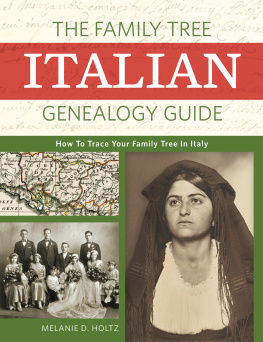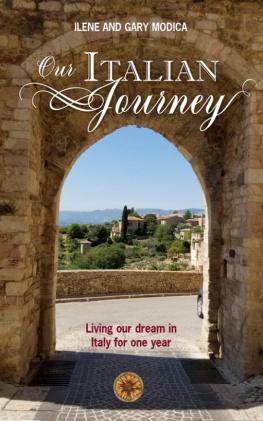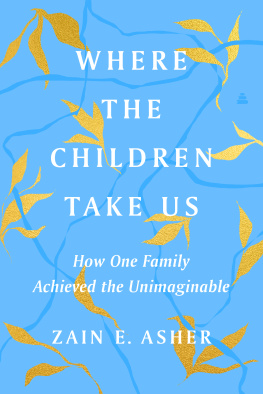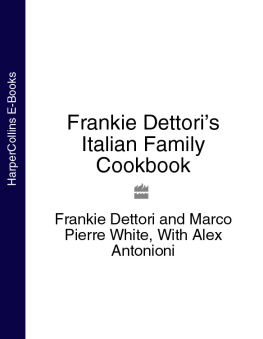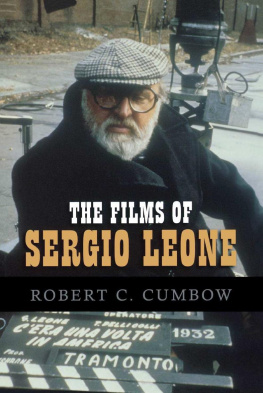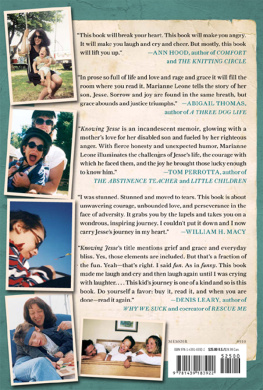
For my brother and sister,
all of us from the same source,
and each of us with a different tale to tell
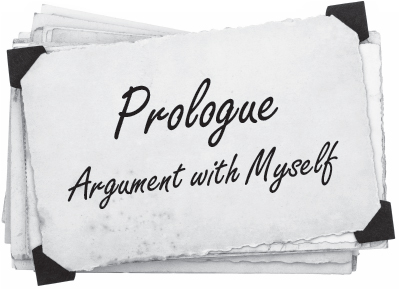
Last night my elderly mother knocked over the television set in my living room with a deliberate sweep of her once powerful arms, all the while glaring at me. I was amazed at her old-age strength and riveted by her eyes, windows to a soul on fire. Then she collapsed in my overstuffed chair, shivering, whimpering piteously that she was cold even after I sat down and wrapped my arms around her. She felt like a shrunken husk. I couldnt comfort her, and as I pressed her more closely to me, she disappeared. This was a dream, although when my mother was in her thirties she would have been perfectly capable of knocking over a television set, or possibly lifting a car if my brother were trapped under it. She once put her fist through a door in one of her rages.
I take the dream as a sign of her displeasure with my plan to write about her life and to tell the unvarnished truth. She asked me to tell her story. I know she would rather I write a gooey-centered bonbon of a daughter-love book, scored with Connie Francis cry-singing Mamma, with a light dusting of pity scattered over it like confectioners sugar. But thats not the truth. The truth is, I was a merciless daughter until the last ten or so years of her life, seizing on her every flaw, mocking her English, skeeving her touch. I was the cuckoo in the nest, the unnatural changeling who didnt even cry when separated from her on the first day of kindergarten, the ingrate who spurned her every gift. You no belong to this family! she would scream at me, spittle flying. I would Deo gratias my response, sickening inside although outwardly I wore a smirk, like every bully. Who wants to hear this mother-daughter shit? Other, better writers have covered the dysfunctional mother-damaged-daughter nexus. But my mother wasnt dysfunctional. She was just foreign, from another country, another time, another world. She couldnt be my mother, this alien, this immigrant. I read books. She hated books. I loved words. She fought furiously, hopelessly with the English language, losing every round, retiring into defeated, bitter silence in her corner while I performed a jeering victory dance in mine, fists raised triumphantly, oblivious to my own privilege. She wanted to enfold, to care for the child that was finally hers and hers alone. But every photo of me from the time I could stand shows a stick-limbed child moving away from her, scrabbling out of her arms, fighting to hold onto myself so she couldnt engulf me in a molasses tidal wave, knocking me over, stealing my breath, drowning me in a flash flood of her sticky love.
I dont think this is the book she would have wanted. But maybe, just maybe, she would have laughed in recognition of some of the truths here. And perhaps that dream wasnt a gloomy portent; it might have been describing the birth process. I was cold, too, after giving birth. I know what that feels like. I know what its like to shrink and disappear. I couldnt hold my own child close enough, ever. All I wanted was to disappear into my son, into my own tidal wave of love. And after I lost him, after I found him dead in his bed on a morning in January, I wanted my mother. But she had died six months before my son.
Im no longer running away from her. Im trying to bring her back in the only way I can, by diving deep into the murky, emotion-clouded memories of her and by letting Ma speak up, so I can tell her story, and talk back to her here, on the page, safe from flying kitchen implements and ready at last for her embrace.

The young girl crouches, listening to the men decide her fate. She is as still as a woodland creature, hidden among the goats in the barn that is attached to her whitewashed stone house on the outskirts of Sulmona, at the foot of the fearsome Apennines. The oil lamp in the primitive kitchen gives a falsely cheery glow, one that belies the grimness of the talk within. Her father offers two pigs and five hectares of land. The hunchback laughs and shakes his head. He knows that he is the solitary bidder for this skinny girl. Il DuceBenito Mussolinihas promised a bounty for sons; this rag looks unlikely to be the mother of future soldiers. Even in the gloom, the girl can see the hunchbacks blackened teeth, his twisted back. He is old, older than her father. His sour smell rises above the pungent odor of the goats who mutter and shift beside her, their devil eyes like his, the gobbo, the hunchback who will take her to his bed.
She hates her father. He is cruel, his green eyes glinting with spite. Her mother sleeps in the girls narrow bed with her at night. Sometimes her father comes home drunk, his short, thick body knocking into things, and then he grows into a towering colossus, a monster inflated by the rough talk at the caf in the piazza. He strikes her mother, calls her puttana, tries to pull her from the young girls bed. He is a man who deserves respect, the head of the house. Her father is a fascist; he lives by Mussolinis words: Believe! Obey! Fight! But his wife fights him; she spits in his face. The young girl knows what to do: she runs to find her mothers father, her nonno, who will come with the gun, the gun that kills the wolves that come down from the mountains at night to cull the herd of sheep. Her father is a wolf; he has no pity. He devours his prey. She and her mother are prey.
And now the girl will be separated from her mother and go to live with the gobbo in his filthy lair, like a princess sacrificed to a dark god. But the very next day her mother appears, glowing like the befana at Epiphany and gives the girl a precious gift: her freedom. The mother tells the girl she will send her to LAmerica, where she will marry when and if she pleases, for love; she will not be a token for pigs or hectares of land. The girl herself will choose. She will live with the mothers sister in the absurd-sounding state of Massachusetts where she will have a future and be safe in a place where the coming of war does not thud with the dull certainty of a hoe cracking the starved earth. She will know kindness; she will be granted mercy. She will be happy.
On the boat crossing, the girl worries her meager treasures like rosary beads: the stark photograph of her unhappy mother, the picture frame made of sugared almonds, the dried flower, a secret token from the boy she wanted but could not have. She is dressed in many layers of clothes to save space in her bundle and to give the illusion of robust good health to the officials who guard the gates to LAmerica. She allows herself to dream, to hope for happiness.
The girl suffers a purgatory of years in the New World. The aunt puts her to work in the garment district of Boston mere days after her arrival. She sews all day long with people who cant pronounce her name and who speak amongst themselves in a harsh, clacking tongue. She receives a new name, an American one that slightly resembles her own and makes her feel like a changeling. She gets lost in the maze of Boston and stands crying in the dirty streets. Her aunts adopted son resents her, the interloper. The girl is sent to live with strangers. Six months after she arrives in this cacophonous, unfriendly place she receives word that her mother is dead. Her father remarries less than a year later, a disgrace. Now her yearnings for the lonely farmhouse are tempered with the understanding that return is impossible. There is no home, just a space on a strange familys sofa where she hears them whispering about her at night.


